Good night and sweet dreams… Since I was a small child I remember saying goodnight to mom, dad, brothers and being left in the arms of Morpheus… In the same way, my children say goodnight to me today and we fall asleep before we know it …
Unfortunately, the same does not apply to everyone.
About 50% of middle-aged people complain of symptoms of chronic insomnia, which increases as the years go by. Around middle age, sleep begins to change dramatically.
In America, it is estimated that 50-70 million adults suffer from sleep disorders … And the medications and sleeping pills that are administered, officially reach the amount of 1.5 billion per year.
The extraordinarily fast pace of our lives, the growing problems and the stress that has become a constant companion in our daily lives, lead an increasing percentage of adults to sleep disorders, which unfortunately very often become chronic.
Many ways are suggested to combat them. What many do not know, however, is that according to research we can still have a strong ally against insomnia. Yoga …
Regular practice in yoga improves the duration and quality of sleep and consequently our overall mood and vitality.
According to studies, people who suffer from insomnia sleep 15 minutes faster and one hour more every night, after two months of a 45-minute yoga workout daily before bedtime. Researchers believe that yoga helps people relax, making it easier for them to sleep.
But let’s see why ..
Yoga is an ancient science, now recognized by modern western medicine. ‘It has a number of practices that help man come to an awareness of his true nature. These practices are exercises or postures (asanas), breathing (pranayama), meditation, the study of ancient theories, application of the principles of yoga and self-observation in everyday life.
Practising yoga reduces stress, improves our concentration and memory, fights depression, learns to manage our anger and enjoys a general sense of joy and well-being.
We enjoy many physical benefits such as, an increase in musculoskeletal agility, improved posture of our body, relief from various pains in the waist, neck, etc., improving heart function, strengthening our immune system, etc.
Through the practice of yoga, in addition to the physical benefits, people manage to feel joy, freedom and love. Most people turn to yoga to deal with specific problems – such as stress, depression, pain, respiratory problems, digestive or nervous system problems, insomnia, panic attacks.
Another important benefit that yoga offers us is Pranayama – breathing techniques …
As we get older, we, unfortunately, turn to a kind of inefficient breathing.
We tend to breathe shallowly, only from the chest, using to the minimum the capabilities of our lungs.
The daily stress at work, the obligations or the pressures that we face, lead to shallow and fast breathing, therefore to insufficient oxygenation, which in turn leads to various evolutionary complications, among which is the problematic sleep.
With yoga breathing techniques, we increase the width of our lungs while, gradually receiving more oxygen, we learn to breathe slowly, with depth and awareness. Proper and controlled breathing that we develop, helps us reduce toxins, feel better, relax and eliminate stress.
Characteristics as stated in Hatha Yoga Pradipika, the first yoga manual: “When the breath wanders, the mind is unstable, but when the breath is stable, the mind is also stable”.
We conclude that, at the end of the day, falling into bed after practising yoga, we have many more reasons that can lead us to a pleasant sleep, instead of the problems, stress and unpleasant feeling that cause us insomnia…
It will probably take months or so to achieve this and certainly strong will, because insomnia is one of the reasons we give up practising yoga and exercise in general, usually due to fatigue, but in the end, we gain more and better sleep.
So the next time you do not fall asleep, do not count lambs … Measure your breath…
Irene Damanaki
Yoga Educator

